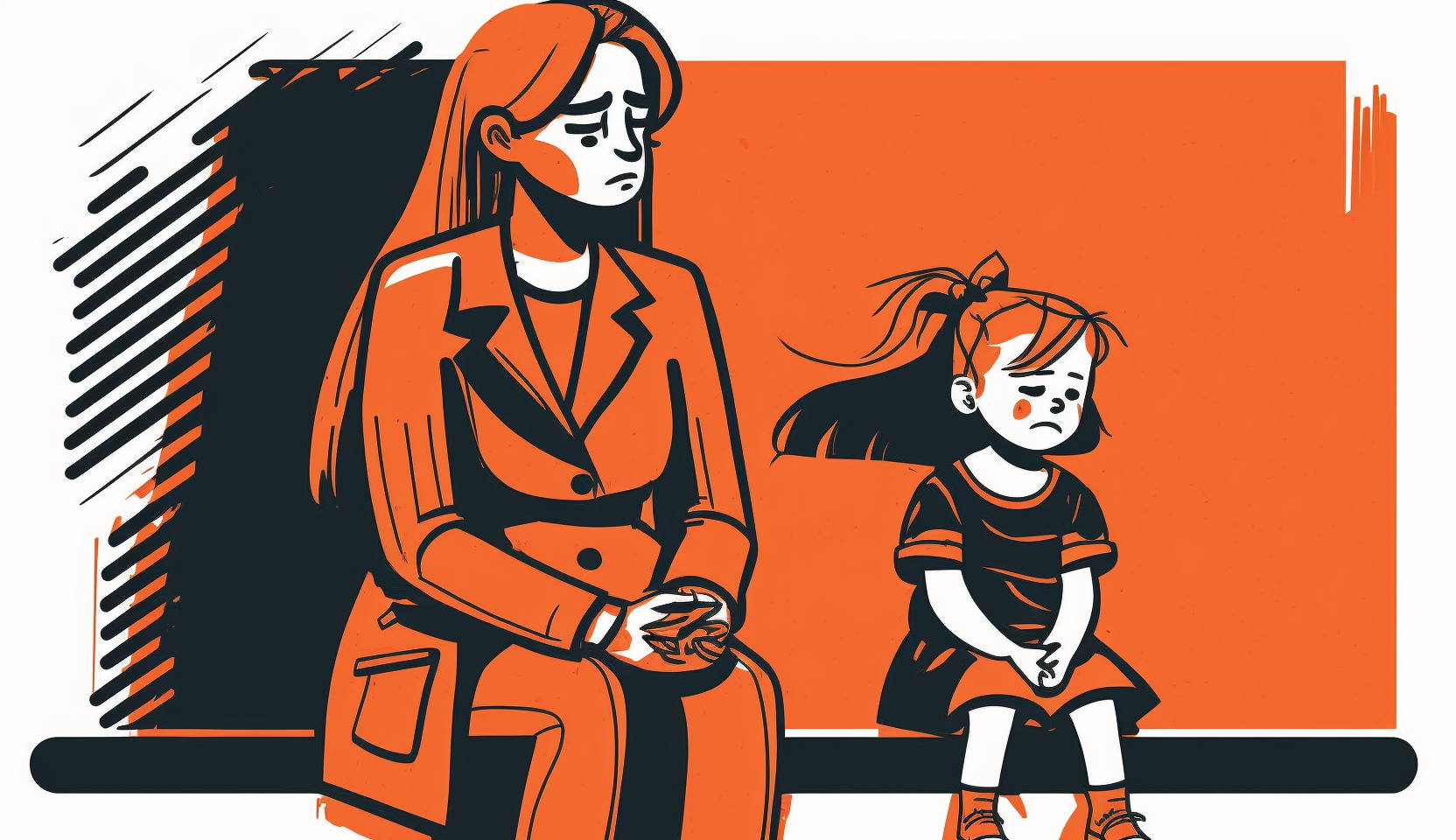On Asian Stoicism and emotional restraint
“Why are you crying? Enough already. Wipe your eyes and go do something else. Busy people don’t have time to dwell on their emotions.”
“Life is like that. Don’t be sad. Just accept things as they are, and focus on what needs to be done.”
If you, like me, grew up in a traditional Asian household, chances are you would have heard some of these messages coming from your parents, aunts, uncles and other grown-ups. Most of us belonging to Asian families were brought up learning to guard our emotions, and that expressing our feelings, be it in public or in private, would immediately lead to loss of dignity, self-respect and esteem from those around you.
Asian cultures value strength, resilience and being self-sufficient. This mindset stems from a mixture of cultural norms and societal expectations, passed down through generations, continuing to influence even the most modern of families. More so for older-generation Asian immigrants, being strong and self-reliant was necessary in order to survive in a foreign land. After all, when you are poor and have scarce resources, little else matters except the ability to put food on the table and a roof over your head.
Enduring hardship without complaint certainly helped my grandparents provide for their families. At the same time, I think their experiences of struggle deeply shaped their outlook on life. In their eyes, being stoic and strong might have meant repressing emotions such as sadness and hopelessness, because they saw them as character flaws. The desire to instil resilience, combined with this mindset, influenced the way that they raised their children. Eventually, these lessons were also passed down by my parents, to my sister and I.
Emotional stoicism isn’t necessarily a bad thing. It takes strength to be able to put some distance between oneself and one’s feelings, even if temporarily, in order to see things more objectively. The problem begins when we label our emotions as ‘wrong’ or ‘weak’, and suppress them. This includes being shamed into not talking about sadness and difficult feelings, even though we may be struggling to cope.
Asian cultures operate on the concept of “saving face,” which requires doing whatever you can to preserve your dignity and honour. The emphasis on emotional restraint and the desire to “save face” might cause us to fear rejection and refrain from openly talking about our feelings when we are sad or lost, even to close family members. But in the long term, not acknowledging our struggles only leads to lower self-worth and wellbeing.
It can feel difficult and overwhelming at first to start expressing our emotions, especially if you have spent many years maintaining the guise of ‘Asian stoicism’. Instead of seeing these as personal flaws, try to see them as positive signs that you are being honest and truthful about how you are feeling.
It will not be easy to change the culture of Asian stoicism, but we can start with ourselves. Let go of the pressure to be perfect, acknowledge that experiencing emotions is simply a part of being human, and affirm that we shouldn’t have to feel guilty for expressing how we are feeling, or asking for support when we need it.

